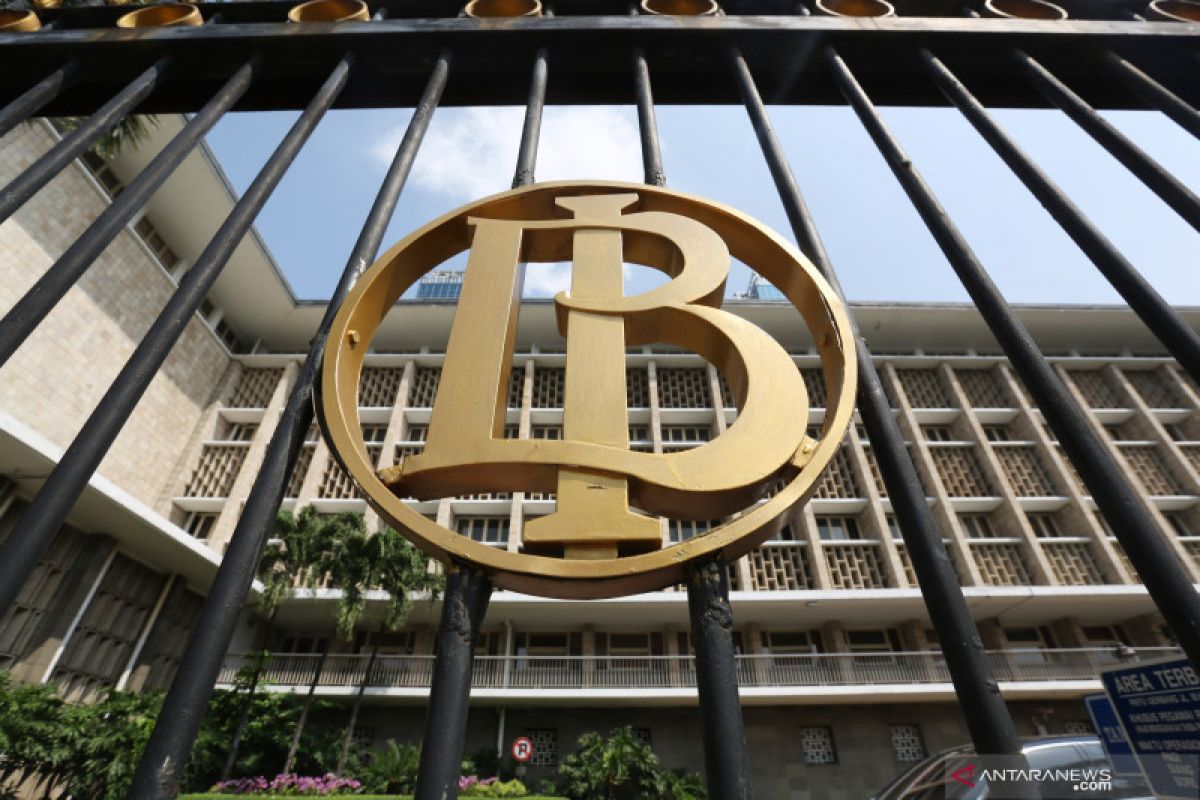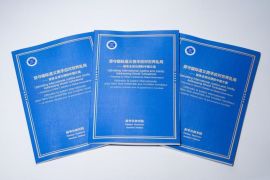The improving balance of payments was the result of declining current account deficit and high surplus in capital and financial transactions.Jakarta (ANTARA) - Indonesia recorded a surplus of US$9.2 billion in its balance of payments in the second quarter of 2020 after registering a deficit of US$8.5 billion in the previous quarter, raising expectations it would reinforce external resiliency.
“The improving balance of payments was the result of declining current account deficit and high surplus in capital and financial transactions,” executive director of the communication department at Bank Indonesia (BI), Onny Widjanarko, said in a written statement released on Tuesday.
The surplus raised the country's foreign exchange reserves to US$131.7 billion at the end of June, 2020, which equals 8.1 months of imports and government's foreign debt repayments, and is well above the international adequacy standard, he pointed out.
Meanwhile, the current account deficit continued to fall, driven by a surplus in the balance of goods and a declining deficit in the balance of primary income. The current account deficit stood at US$2.9 billion, accounting for 1.2 percent of the national gross domestic product (GDP). It was also lower than the current account deficit in the previous quarter, which was pegged at US$3.7 billion, or 1.4 percent of the GDP.
The declining current account deficit resulted from a surplus in the balance of goods due to declining imports and low domestic demand.
In addition, the deficit in the balance of income narrowed due to declining payment of yields to foreign investors after domestic economic growth contracted in the second quarter of 2020, as reflected by the decline in performance of companies and investment.
He further said the deficit in the balance of services rose slightly, fueled by a deficit in travel services caused by a significant drop in the number of tourist arrivals in wake of the COVID-19 pandemic.
On the other hand, remittances from Indonesian migrant workers declined. This coupled with the contracting global economic growth held back a further current account deficit.
Capital and financial transactions in the second quarter of 2020 recorded a significant surplus compared to the previous quarter, along with declining uncertainty about the global financial market.
The surplus in capital and investment transactions was recorded at US$10.5 billion, primarily as a result of net portfolio investment and direct investment inflows after suffering a deficit of US$3 billion in the previous quarter. (INE)
Related news: Indonesia posts US$3.26 billion trade surplus for July 2020
Related news: Indonesia should boost trade of value-added products: Indef
EDITED BY INE
Translator: Ahmad Buchori/Suharto
Editor: Fardah Assegaf
Copyright © ANTARA 2020












